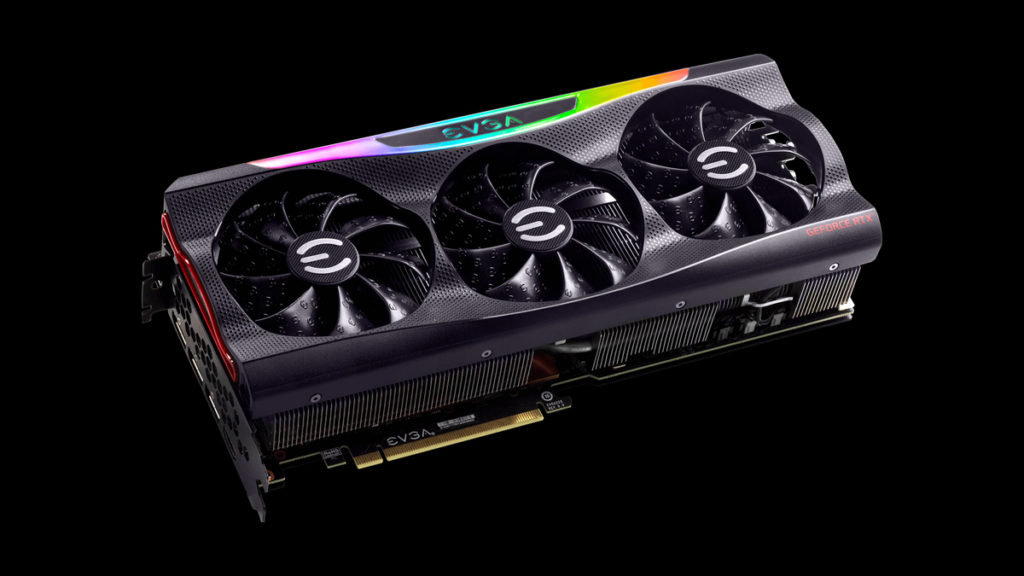- Joined
- May 6, 2019
- Messages
- 12,595
- Points
- 113
Image: EVGA
Those of you who were able to score a GeForce RTX 3080 FTW3 ULTRA but desired more power are in luck, as EVGA has released a new beta BIOS that increases its ceiling admirably. The update, which was shared by EVGA product manager Jacob Freeman last night, boosts the GeForce RTX 3080 FTW3 ULTRA’s power limit from 400 W to 450 W. This should come in handy for overclockers who want to stretch and maximize the GPU’s potential.
We’ve copied Freeman’s forum post below, which includes instructions on how to download and install the BIOS. Before getting too crazy, users should ensure that they have a proper cooling setup and capable power supply (e.g., 850 W PSU that’s 80 Plus Gold certified).
New XOC...
Continue reading...

